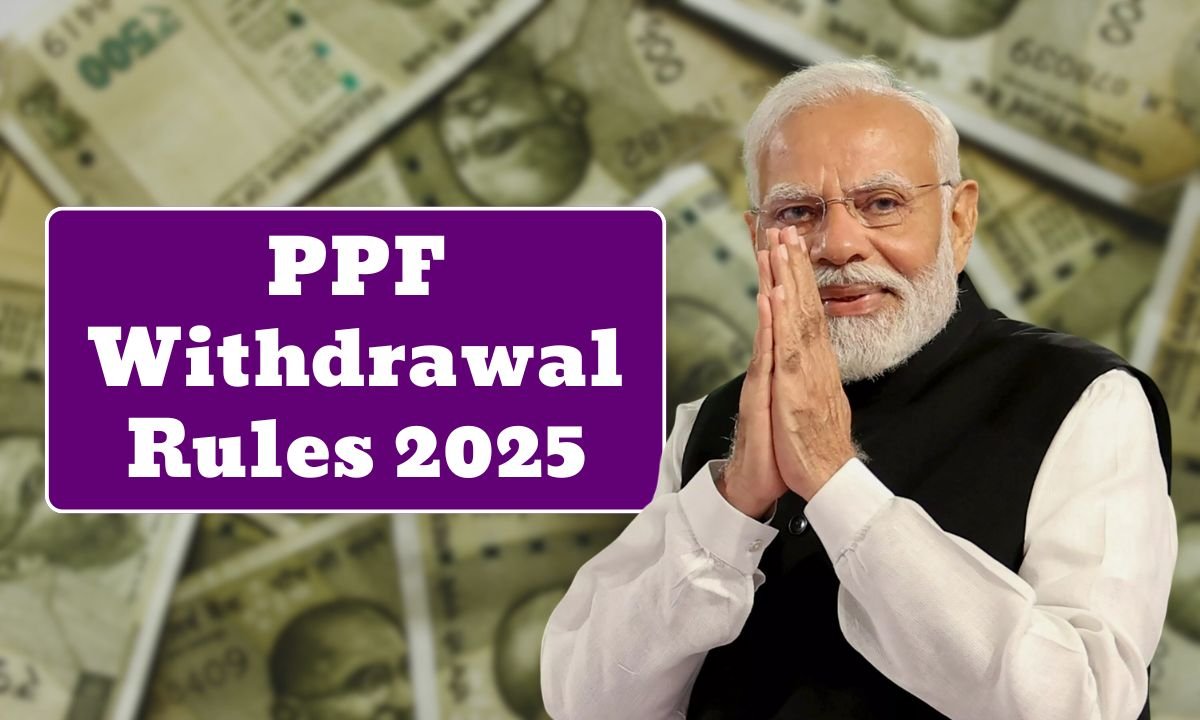The Public Provident Fund (PPF) is still one of the safest long-term savings plans in India among people’s favorite investment options. The Government of India, being the ultimate guarantee, provides along with tax free returns, tax saving benefits and the option of choosing withdrawal periods. In 2025, the new changes in withdrawal laws will ensure more transparency and friendly in investor’s court.
Lock-in Period and Maturity
PPF accounts have a maturity of 15 years, which is a kind of lock-in that forbids any withdrawal before that period with a few exceptions, of course. When the whole period of 15 years is over, the whole balance along with interest will be yours, and indubitably, the payout will be tax-free.
Partial Withdrawals
After the fifth year of account opening, partial withdrawals can be made. You can take out a maximum amount that is either 50% of the amount at the end of the fourth year or the amount at the end of the previous year, whichever is lower.
Premature Closure
Only after 5 years of account opening is premature closure of a PPF account allowed, and only for certain reasons such as medical emergencies, higher education, or change in residency status. In such cases, however, the interest rate is reduced by 1% from the applicable rate.
Interest Rate in 2025
The government has decided the PPF interest rate will be 7.10% per year for the period from July to September 2025. The interest will be compounded annually, and credited at the end of the financial year.
Withdrawal Rules at a Glance
Here’s a simple table to understand the withdrawal rules in 2025:
| Type of Withdrawal | Eligibility Condition | Amount Allowed | Penalty/Condition |
|---|---|---|---|
| Partial Withdrawal | After 5 years | Up to 50% of balance | No penalty |
| Premature Closure | After 5 years (specific reasons) | Full balance | 1% lower interest |
| Full Withdrawal (Maturity) | After 15 years | Entire balance | No penalty |
| Extension with Contribution | After 15 years | Withdraw once a year (up to 60% over 5 years) | Account continues |
Tax Benefits
The PPF account is subject to EEE (Exempt-Exempt-Exempt taxation) treatment. This implies:
- The contributions made are eligible for deduction under Section 80C (maximum deduction limit is ₹1.5 lakh per year).
- No tax will be charged on the interest earned.
- Maturity proceeds are also free from taxes in full.
Final Thoughts
The PPF Withdrawal Rules 2025 have a very wise approach in terms of long-term savings discipline and they also give a lot of flexibility. With partial withdrawals after 5 years, premature closure under genuine needs claim, and full tax-free maturity at the end of 15 years, PPF remains one of the safest and most rewarding investment options in India.


